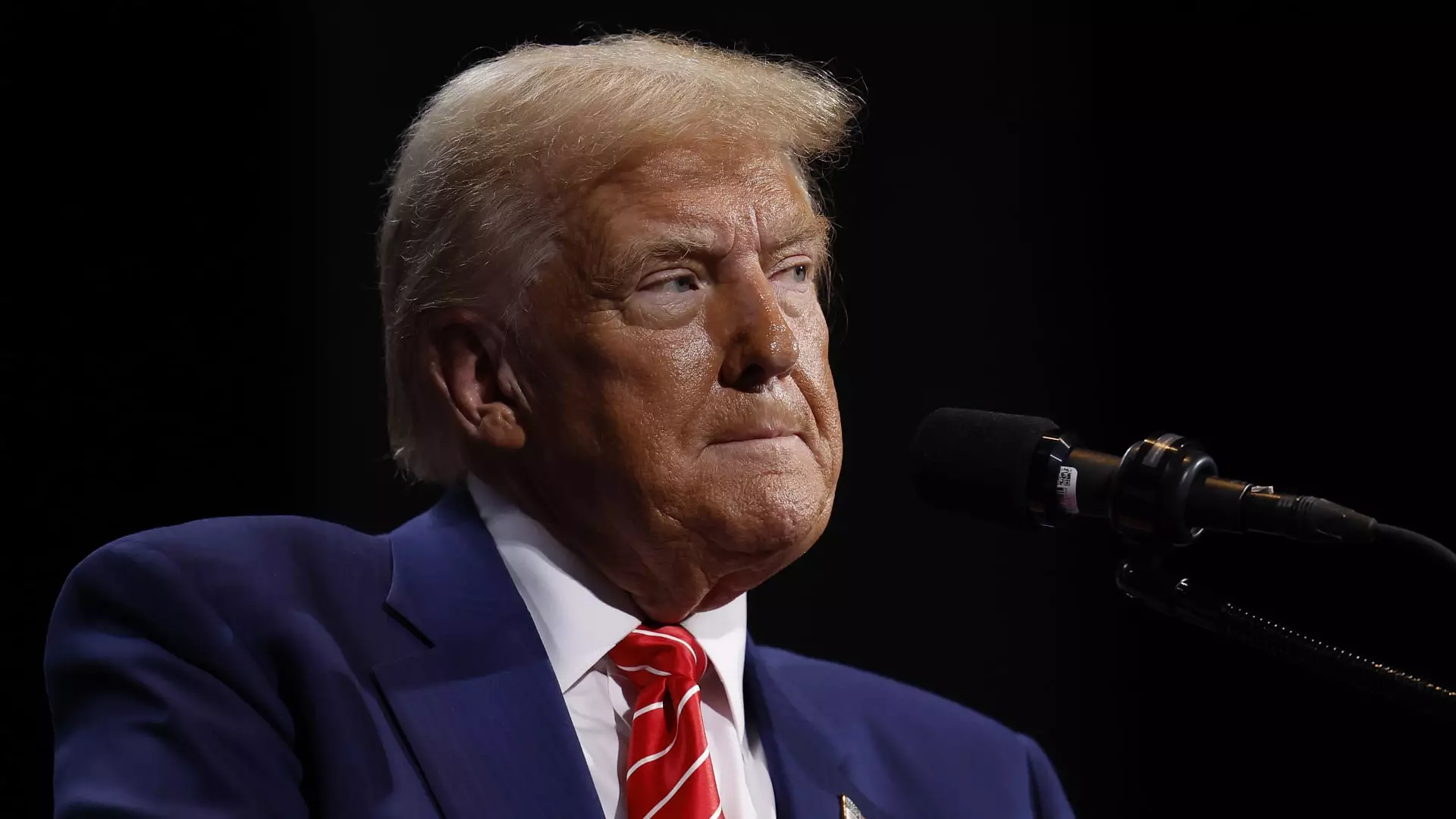The story of the Central Park Five is one fraught with injustice and persistent social implications. In the spring of 1989, a brutal attack on a female jogger in Central Park led to the wrongful conviction of five Black and Latino teenagers based on coerced confessions and a racially charged atmosphere in New York City. Years later, after DNA evidence exonerated them, the narrative of their wrongful convictions transformed; they became known as the Exonerated Five. However, the stigma attached to their initial convictions has persisted, a fact that was thrust back into the limelight when former President Donald Trump made incendiary remarks about them during a recent debate.
On a striking September evening, during a debate with Republican nominee Kamala Harris, Trump reiterated his long-held position about the Central Park Five. Allegations that they killed and confessed to serious crimes not only defied the factual record but also illustrated the ongoing stigmatization of these men. The lawsuit filed by the Exonerated Five against Trump asserts that the former president’s comments were defamatory, claiming that he falsely stated that the plaintiffs had admitted guilt and had even committed murder. The action taken in federal court in Philadelphia reflects not just a fight for justice but an attempt to reclaim dignity and truth.
The plaintiffs—Yusef Salaam, Raymond Santana, Kevin Richardson, Antron McCray, and Korey Wise—claim that Trump’s characterization of their tragic circumstances constitutes a pattern of defamation and emotional distress stemming back several years. The implications of his statements are more than legal; they resonate deeply with issues of race, justice, and the social narrative surrounding crime in America.
In 1989, after the jogger’s attack, Trump took out a full-page advertisement in multiple New York newspapers, framing the case’s discussion in a manner that called for the death penalty for the accused youths before they had their day in court. His rhetoric, laden with implications of guilt that were purely speculative at the time, played a significant role in shaping public perception of the case, demonizing the boys involved. His more recent comments echo the divisive rhetoric of that era.
The ramifications of such statements are stark; they not only misrepresent the facts but contribute to a culture of suspicion and hostility towards marginalized communities. The Exonerated Five’s willingness to bring Trump to trial underscores a societal responsibility to confront and rectify public figures’ unfounded accusations that continue to haunt them.
The context of this legal battle cannot be separated from the pervasive issues of race and media portrayal. In a landscape where people of color are disproportionately represented as criminals, the Central Park Five’s case stands as a glaring example of how deeply ingrained racial biases can distort truth and justice. The ad placed by Trump in 1989 spoke to a broader societal fear of crime that often gets disproportionately directed at Black and Latino communities, reinforcing harmful stereotypes.
Moreover, Trump’s recent statements invoke a history of media narratives that fail to deliver justice. Through the lens of social media and current political discourse, Trump’s dismissive retorts during the debates feed into a larger narrative that often lacks accountability and thorough investigation. The lawsuit itself, requesting damages of over $75,000, stands as a testament not only to the personal trauma experienced by the Exonerated Five but also as a critique of the broader systemic issues at play in America’s justice system.
Despite the surrounding difficulties, the Exonerated Five have developed platforms advocating for criminal justice reform. Their journey toward justice remains an enduring testament to resilience in the face of adversity. By filing this lawsuit, they not only seek personal vindication but also aim to shine a light on the implications of reckless statements made by individuals in positions of power.
This case serves as a critical reminder that the fight for truth and justice is an ongoing battle, especially for marginalized communities. As America grapples with its historical injustices, the actions of the Exonerated Five and the implications of Trump’s words serve as a rallying cry for accountability—not only in the realm of politics but also across the courts and public perception.
The legal pursuit by the Exonerated Five against Trump speaks to a larger narrative of reparative justice that is necessary for healing and reconciliation. It is a powerful indication that the wounds of the past, though deep, can become catalysts for significant change in the pursuit of truth and dignity in the face of relentless defamation.

Leave a Reply